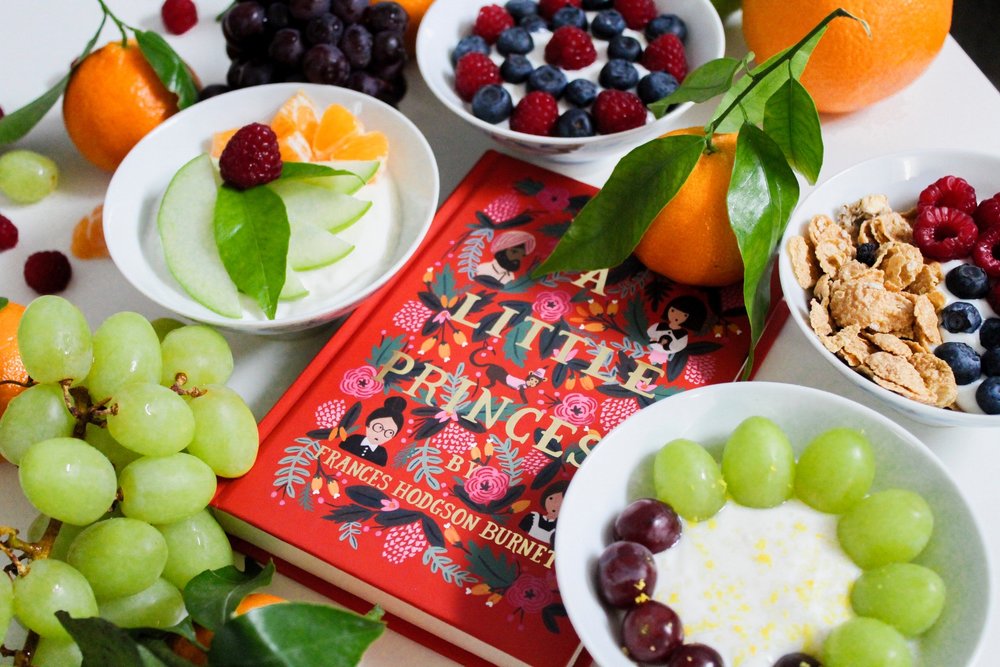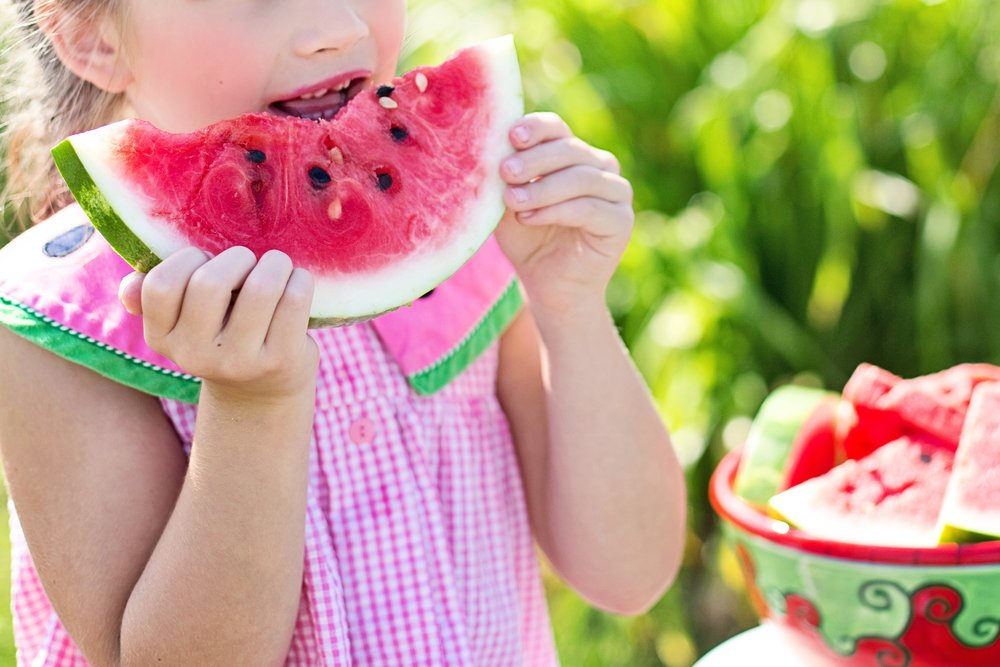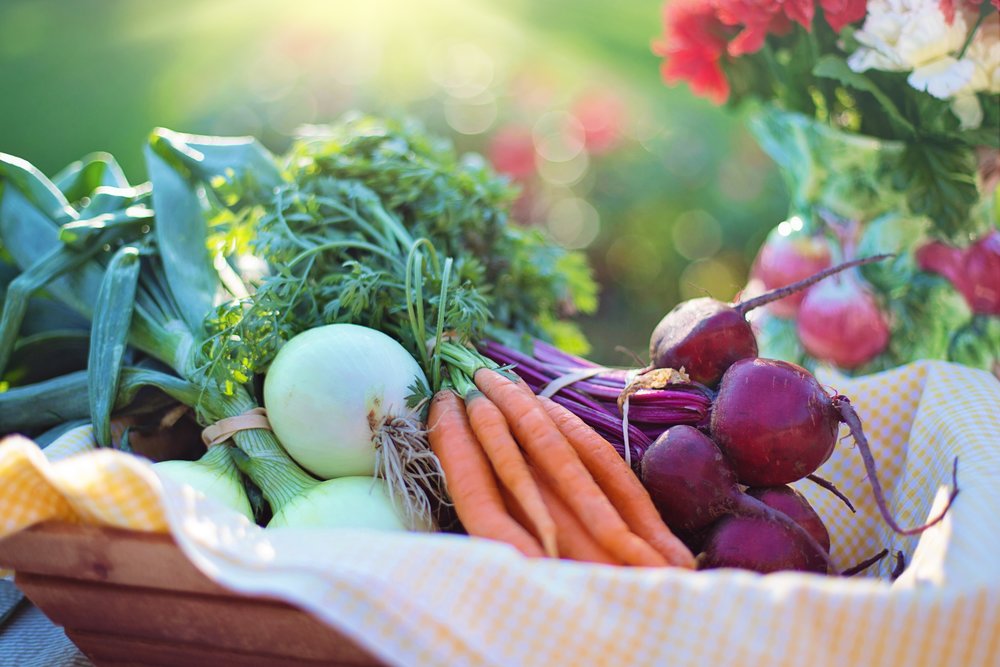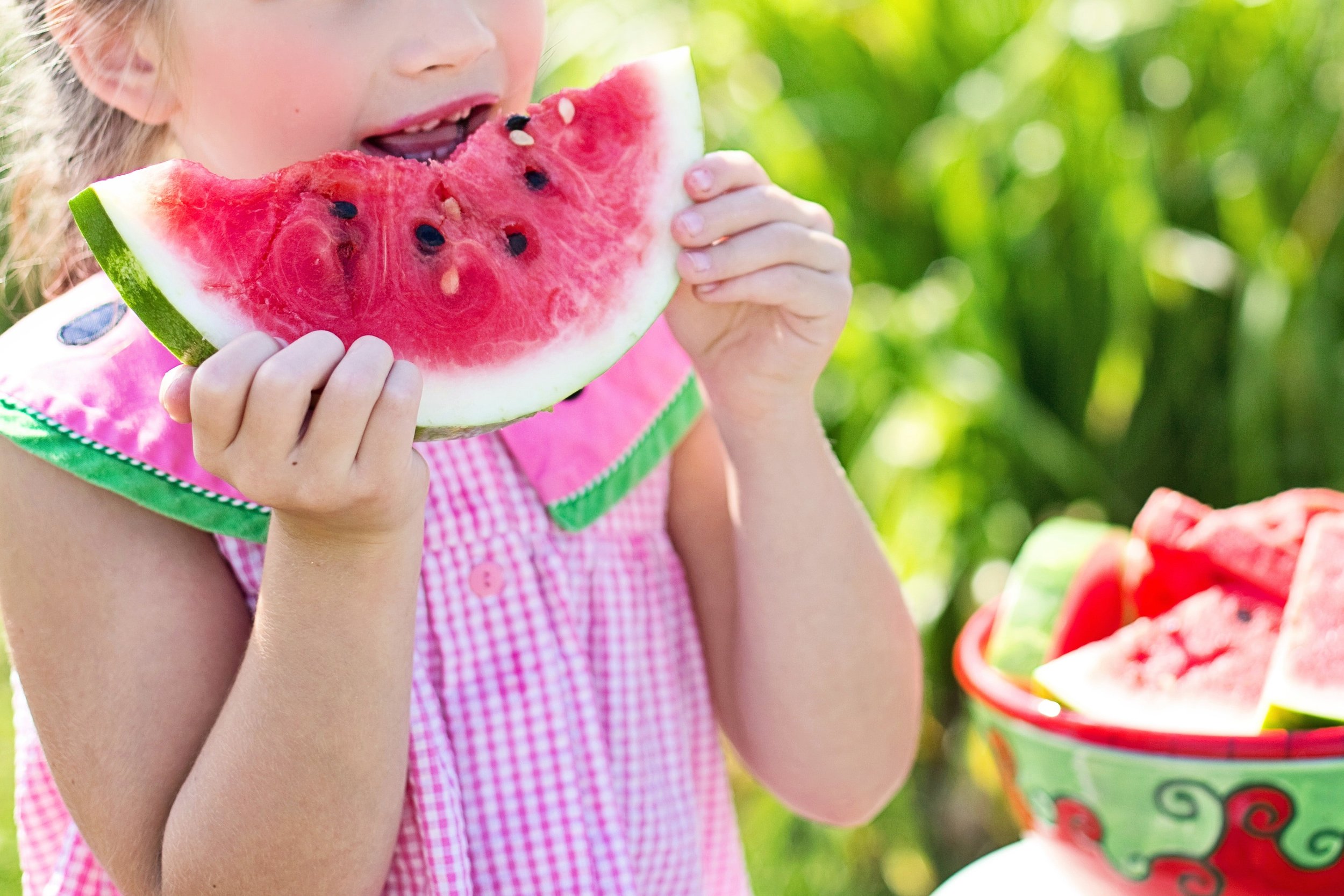June 17, 2019
By Kevani Macdonald
I’m a mom. Like most moms, my days are mainly spent trying to get to the end of them with everyone fed and accounted for. A year ago, right around her 1st birthday, my daughter decided she’d had enough of boob milk and she was ready for the world of “real food”. And it suddenly dawned on me – for the millionth time since becoming a mom – I knew nothing!
My learning journey into nutrition, long-term health impacts and the food insdusty started there but kicked into high gear 3-months ago when I joined the Train the Trainer course with Richer Health. I’d like to tell you that after 3-months of devouring every documentary, podcast, book and research article I could fit in around working, momming and occasionally sleeping, everything became clear and family food decisions are a breeze – but it was worse. Every time I went to the grocery store or opened the cupboard my brain started whirring through all of the confusing and contradictory statistics and frantically trying to add up RDA figures.

Photo credit: pexels.com
While I recognize I still have a lifetime of learning ahead of me, I think I have uncovered the underlying issue that keeps us all in this permanent state of confusion. The prevailing belief is that everything in our diet, if removed, must be replaced with a direct substitute. This irrational desire to substitute makes us dissect everything down to a list of individual components so that we can compare, rather than keeping our eye on the big picture.
I fell into this trap myself in my attempt to determine if I should be feeding my daughter the government advised 2 glasses of milk a day. After a few false starts, such as reading pro-dairy research studies only to figure out that five of the six authors had connections to the dairy industry, it was the well referenced web page and downloadable fact sheet from the Physicians Committee for Responsible Medicine (PCRM) summarizing the risks of dairy that convinced me to dig deeper into alternatives. And that right there is the problem. As soon as we start looking at which plant-based milk is “best” we’re down the rabbit hole. Best for what? Best in comparison to what? The recommendation of soy milk as the preferred alternative by Health Canada and backed by scientists at McGill University seem to be based mainly on the fact that soy milks are “found to be the most comparable to cow’s milk in terms of overall nutrient balance”. But why are we even drinking another animal’s milk to begin with?

Photo credit: pexels.com
What I’d missed are perhaps the two most glaringly obvious facts of all:
- We are the product of the total combined effect of everything we put in our bodies (and our children’s bodies) – we don’t need two glasses of a different milk a day we just need to have a balanced nutritious diet.
- Nature is way smarter than we are – whole, natural foods are already perfectly balanced units that our bodies have systems for processing and for telling us which things we need more of – if we can just listen.
So what’s my conclusion?
Life is already too complicated to sweat the small stuff.

Photo credit: pexels.com
And so, I give you my new rules for simple family food decisions and avoiding the crazy-making comparison confusion:
Say YES to:
- Grown – if it wasn’t engineered in a lab, made in a factory or had a mother, fill yer boots! (or shopping carts and stomachs in this case)
- Organic – spend a little extra now to save on medical bills later
- Whole – buy and eat food as close to its natural state as possible
- Variety – don’t calculate nutrient values just eat the rainbow. Challenge yourself to see how many different fruits, vegetables, grains and legumes you can serve up in one week.
- Trying – if at first you don’t succeed (i.e. nobody eats it but you – which has happened to me several times in the last few weeks!) don’t be disheartened, try, try, try again. Everyone, from grown men to toddlers, has an inbuilt survival instinct not to starve – they’ll come around eventually (I hope!)
It’s not a perfect plan and I don’t execute it perfectly, but it’s a step in the right direction. And that’s all this mom can do right now.
If you enjoyed this blog, sign-up for our newsletter to receive future updates.
RESOURCES:
- Milk and dairy products: good or bad for human health? An assessment of the totality of scientific evidence; Tanja Kongerslev Thorning et al.; Food Nutr Res, Nov 2016
- How well do plant based alternatives fare nutritionally compared to cow’s milk?, Vanga, S.K. & Raghavan, V. J; Food Sci Technol, Jan 2018

Kevani Macdonald is originally from Scotland, she moved to the mountains of Whistler BC in 2006 and never looked back. In the last week of 2015 she became a mom and has been trying to figure out what she’s supposed to be doing ever since! Her goal is to help all moms to navigate the scary and confusing world of nutrition in order to give children the best possible chance of a long and healthy life through a positive relationship to food.

Comments